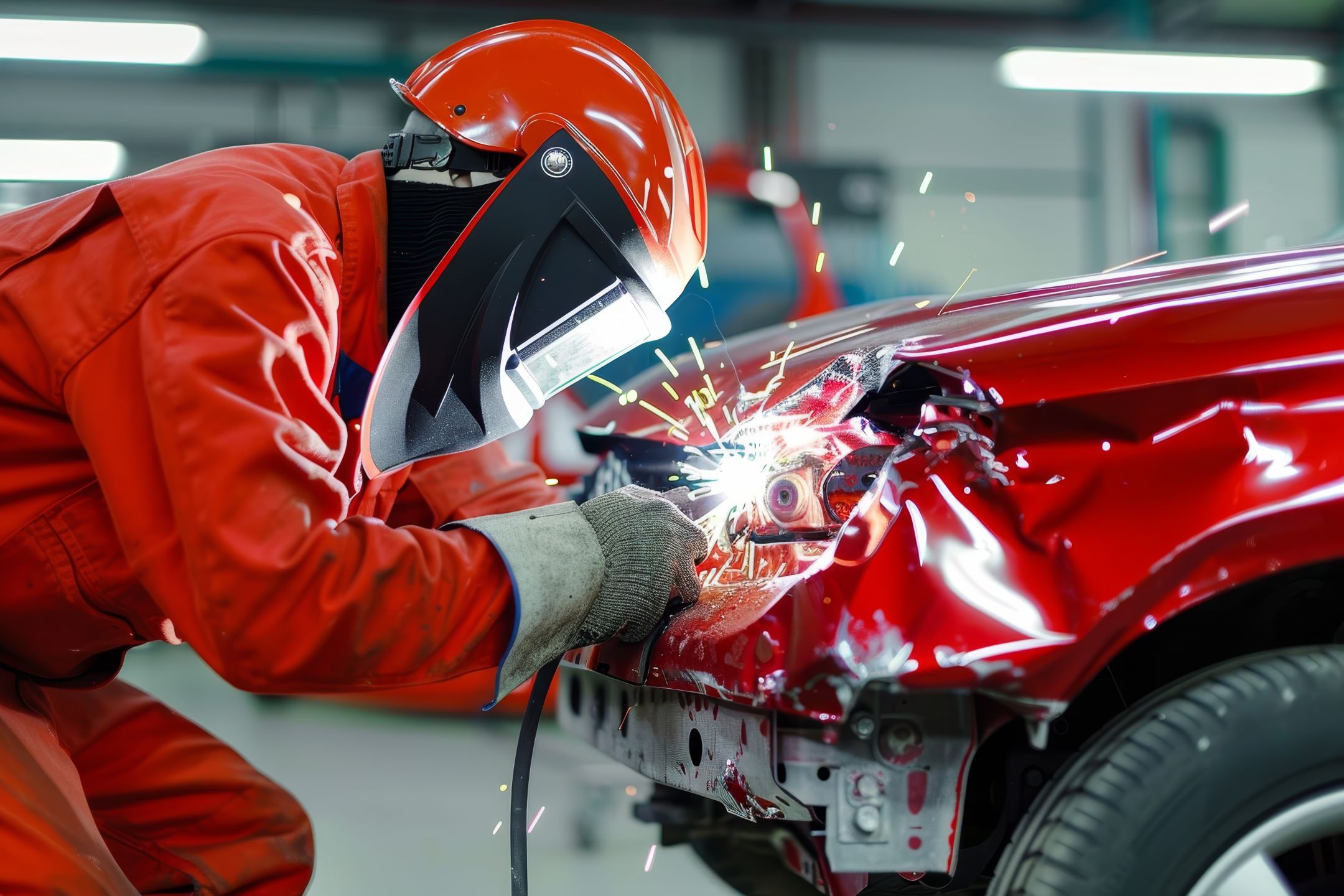EV claims climb in Canada, fall in U.S.
Share
Share

The frequency of repairable collision claims involving battery electric vehicles rose in Canada in the second quarter, even as U.S. numbers declined, according to a report from Mitchell.
It found that Canadian claims reached 4.83 per cent in the second quarter of 2025, an eight per cent quarterly increase.
Government incentive changes are also impacting the Canadian BEV market. Mitchell cited J.D. Power data that found 42 per cent of prospective BEV buyers would be less likely to shop without rebates, while interest in Quebec dropped 8 per cent after provincial incentives were suspended.
Tesla has slipped 16 points to eighth place among likely Canadian shoppers, with traditional automakers such as Hyundai, Kia, Toyota, Ford and Chevrolet now capturing a larger share.
In the U.S., BEV claim frequency fell for the first time, dropping seven per cent to 2.92 per cent. That coincided with a 6.3 per cent decline in new purchases compared with the same quarter last year. Despite the slowdown, General Motors doubled its BEV sales, challenging Tesla as a long-standing leader in the sector.
Sales in the first quarter of the year were strong, making up nine per cent of new vehicle sales in the U.S. and 10 per cent in Canada. Collision claims for repairable BEVs also increased in the early part of 2025, hitting 4.48 per cent in Canada.
Repair costs remain higher for Canadians, with the average severity in Q2 reaching $6,633 for BEVs, compared with $5,903 south of the border.
When looking at the top BEVs by repairable claims, the Tesla Model 3 topped the list with 27.4 per cent of claims; the Model Y made up 26 per cent of claims. They were followed by the Ford Mach-E (4.3 per cent), Hyundai Ioniq (4.2 per cent) and the Hyundai Kona (4 per cent).
Leave a Reply